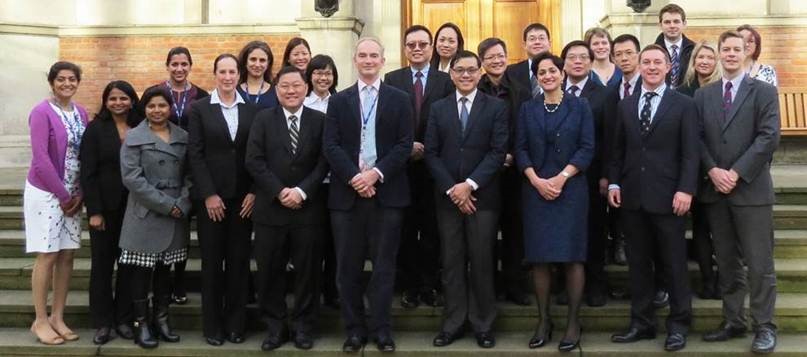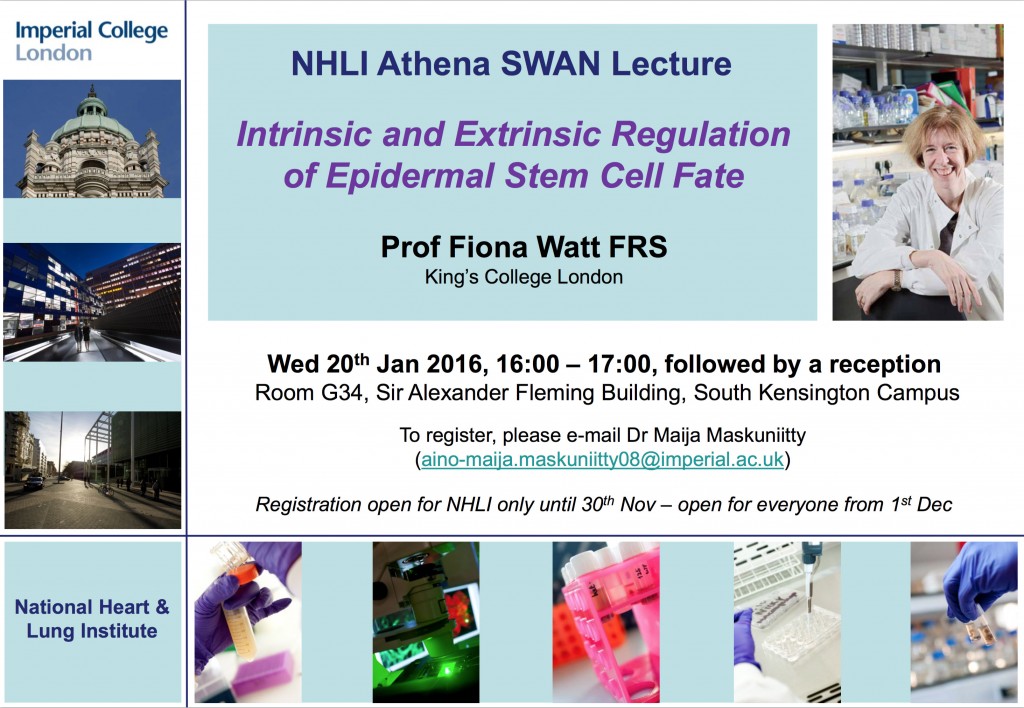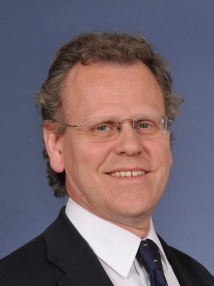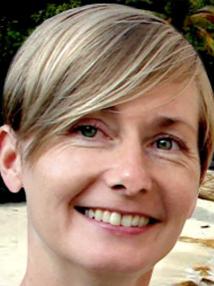We are looking to support outstanding early-career clinical professionals wishing to undertake research, at least in part overseas, to improve the health of people and reduce health inequalities in developed and developing countries. Through the provision of clinical training fellowships in global health, we aim to provide opportunities for the most promising clinical academics, at the very beginning of their careers, to develop bids for independent fellowship funding. We anticipate that each fellow will be supported by two mentors, one based at an Imperial Campus, and one based overseas. All fellowships must commence by 1 September, 2016.
How to apply?
Please refer to the Wellcome Trust Institutional Strategic Support Fund webpage for application forms and guidelines.
If you have an Imperial and overseas sponsor, please contact ISSF@imperial.ac.uk for an application form and further information. Should you be an interested applicant looking for a sponsor, please provide a max 500 word summary of your interests, brief summary of project and research experience to ISSF@imperial.ac.uk by 25 January 2016. We cannot guarantee that all interested applicants will be matched with an overseas sponsor. Full applications would need to be submitted by 4 March 2016 to ISSF@imperial.ac.uk. Interviews for shortlisted candidates are expected to take place the week commencing 2 May 2016.
This Fellowship program is funded through the Global Health Stream of the Wellcome Trust Institutional Strategic Support Fund, and lead by the Imperial Wellcome Trust Global Health Research Centre in conjunction with the Institute for Global Health Innovation.
For further information please contact:
Dr Kimberley Trim, Faculty of Medicine,
Imperial College London SW7 2AZ UK
Tel: 020 7594 9826
E-mail: ISSF@imperial.ac.uk
Committed to equality and valuing diversity. We are also an Athena SWAN Silver Award winner, a Stonewall Diversity Champion, a two Ticks Employer and are working in partnership with GIRES to promote respect for trans people.



 The Robert Bosch Stiftung, in cooperation with Spektrum der Wissenschaft (Nature Publishing Group), has set up this exclusive expert database in 2010. It was launched by German Chancellor Dr. Angela Merkel and it is the only Web site of its kind that shows profiles only of outstandingly qualified women who are best in their field. They all have been nominated by highly recognized science and research institutions. To date, more than 1,700 profiles of female top-class researchers of all disciplines are in the database.
The Robert Bosch Stiftung, in cooperation with Spektrum der Wissenschaft (Nature Publishing Group), has set up this exclusive expert database in 2010. It was launched by German Chancellor Dr. Angela Merkel and it is the only Web site of its kind that shows profiles only of outstandingly qualified women who are best in their field. They all have been nominated by highly recognized science and research institutions. To date, more than 1,700 profiles of female top-class researchers of all disciplines are in the database.